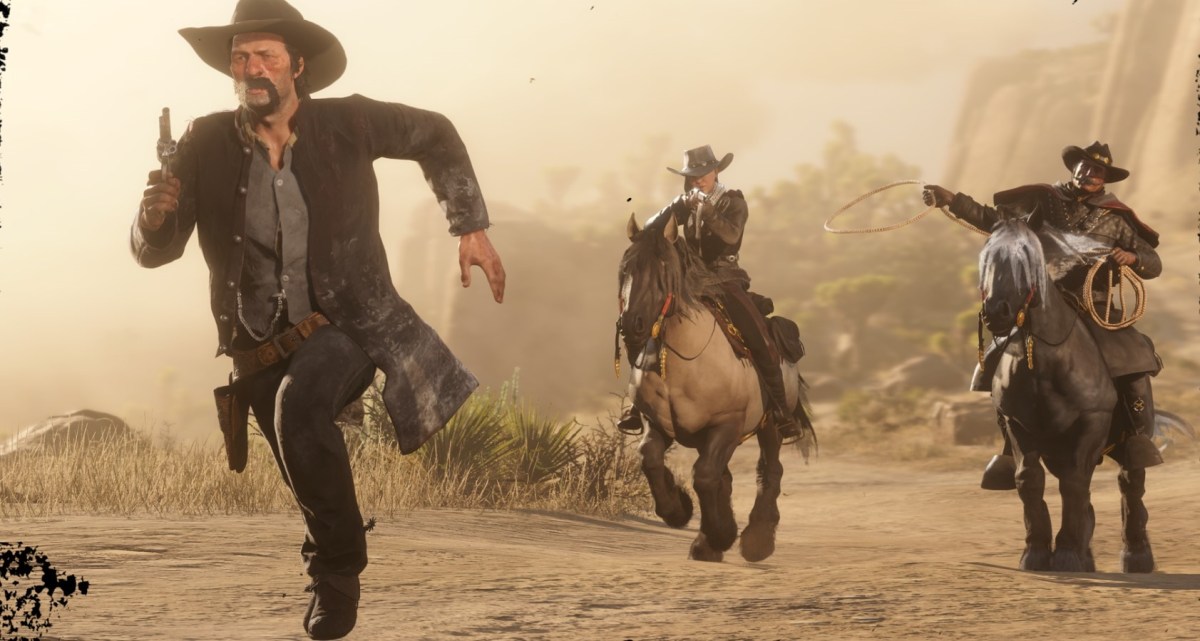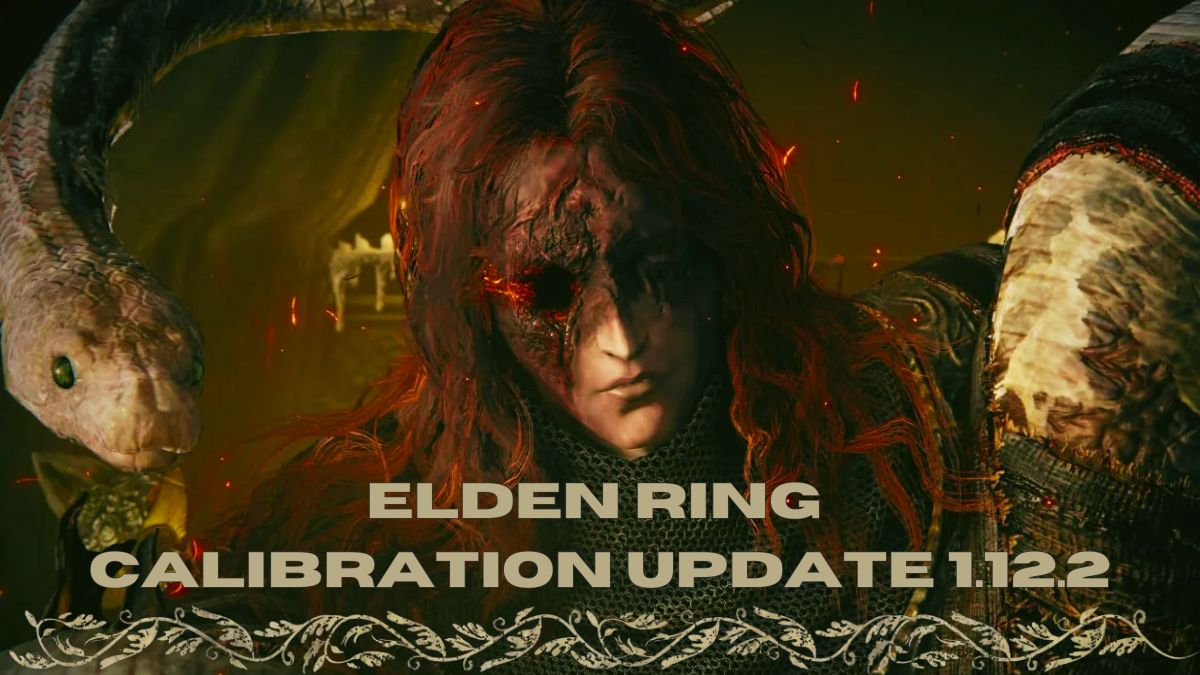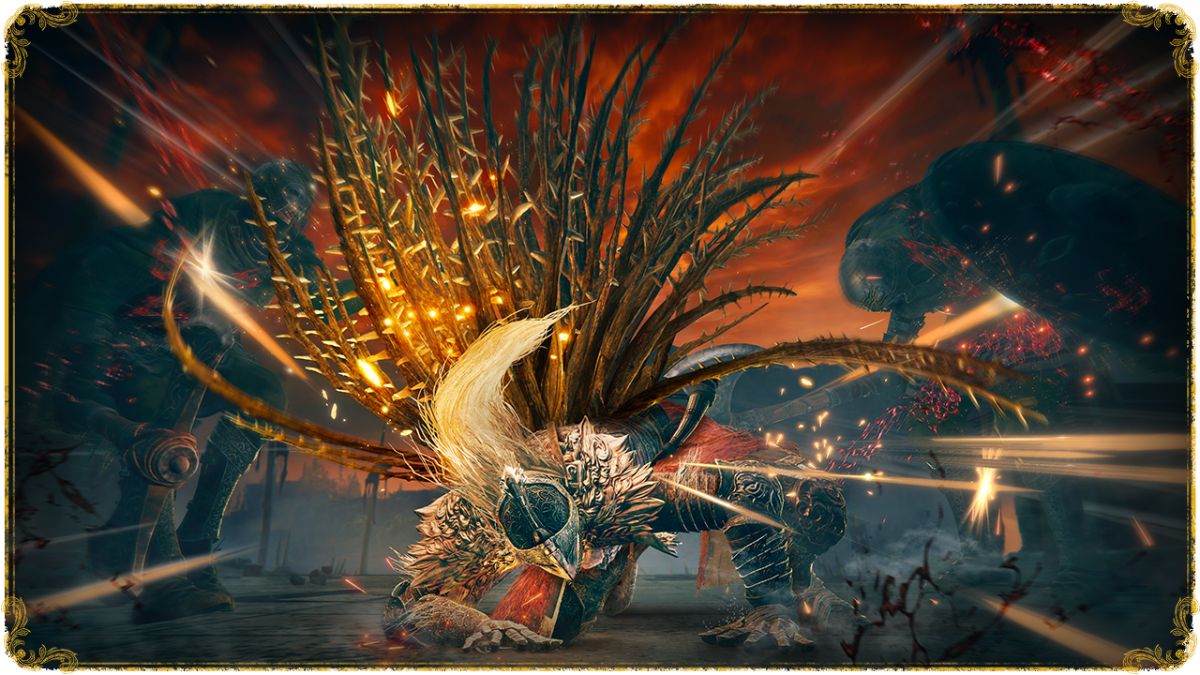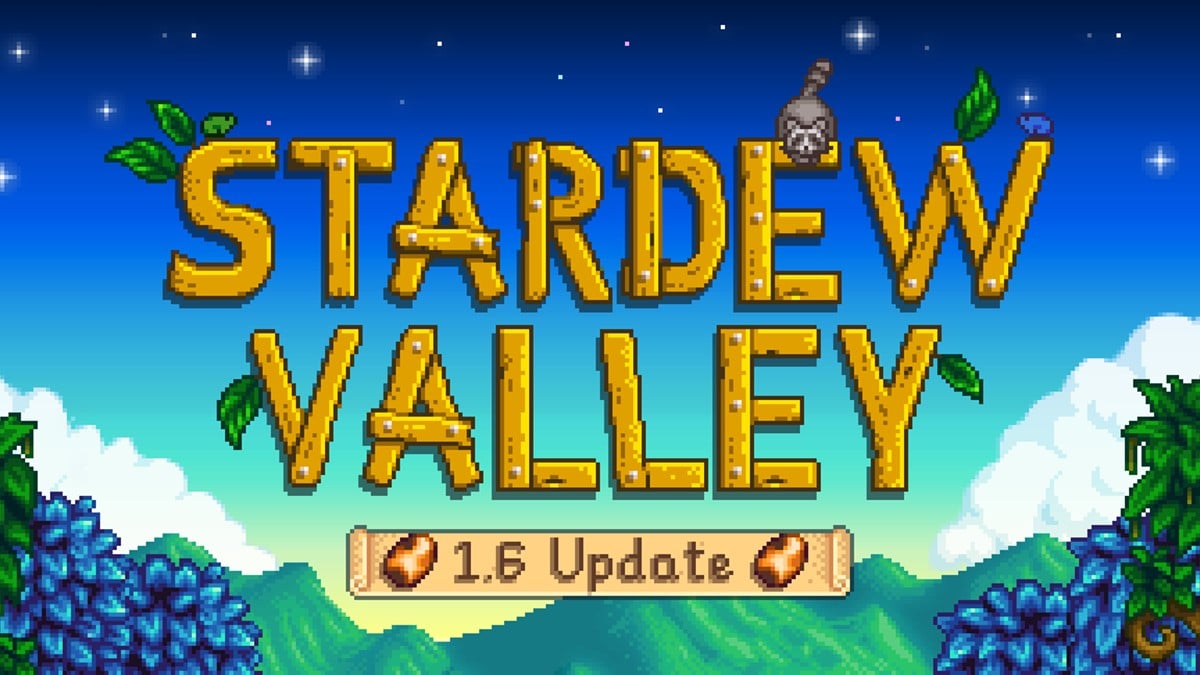Dan Houser’s quote that the developers at Rockstar Games worked 100-hour weeks to complete Red Dead Redemption 2 has not gone down too well with the video game developers community and most of them have shared their views against it via Twitter.
A popular New York Magazine Vulture recently published a feature on the Making of the Rockstar Games’ Red Dead Redemption 2. It carried a ton of interesting details about the game such as the game is 60 hours long, the main story script is of over 2000 pages, the development work on the game was started in 2010, work on motion and performance capture was started in the year 2013, and so on. None of these statements/information created a controversy, in fact, these details were very well received by the fans of the franchise.
Sadly, one quote from Dan Houser, the co-founder of Rockstar Games, has started a strong debate/controversy regarding the working condition at the studio. This quote is “Working 100-hour weeks” on Red Dead Redemption 2 (which comes to 14 Hours/Day).
This statement has not gone down to well with the video game developers community, and they have openly shared their opinion on it via Twitter. You can read some of the tweets below.
Jennifer Scheurle, Game Design Lead at OPXSpace (Games in collaboration with NASA):
No, this (working 100-hour weeks) is NOT something to be proud of! This means you’re ready to slowly kill developers for your product – stop equating abusive work hours with effort. It’ s time we start equating abusive work hours with mismanagement. (Read full thread)
No, this is NOT something to be proud of! This means you’re ready to slowly kill developers for your product – stop equating abusive work hours with effort.
It’s time we start equating abusive work hours with mismanagement. https://t.co/tdtaptHBN1
— Jennifer Scheurle (@Gaohmee) October 15, 2018
Gavin Young, Programming Team Lead at Ubisoft Montreal
Imagine bragging about how bad you are at project management.
Imagine bragging about how bad you are at project management. https://t.co/aWrUsHwPt3
— Gavin Young (@GavinDYoung) October 15, 2018
Christofer Sundberg, Avalanche Studio Founder
“Long hours = Great game…? I guess that’s one way to go. Someone has to pay the price and it’s sure not management. My humble opinion….”
Long hours = Great game…? I guess that’s one way to go. Someone has to pay the price and it’s sure not management. My humble opinion…. https://t.co/AfEKi03shn
— Christofer Sundberg Excellence in #Gamestuff (@CHSundberg) October 16, 2018
Adam Boyes, Former VP at PlayStation (current CEO of Iron Galaxy Studio) shared this lengthy statement (his personal experience) on this controversy.
My first job in Games we had a leaderboard where we tracked who worked the most hours in one week on the project. I made it to 3rd place. with 118 hours.
It felt cool! Like you were committed to the project! Committed to the cause, trying to impress the dev team (I was in QA), trying to make an impact.
So few people were getting promoted on to dev teams that you wanted to stand out. Nobody asked us to do it. Managers told us to stop, but we didn’t, because it worked – many of us got promoted because of our “work ethic” and “commitment”.
Once I moved out of QA, the implied pressure to sacrifice anything to get the job done grew exponentially. It was “cool” if you had a cot in your office or a sleeping bag under your desk. You were “hardcore” if you ran out of clean clothes or had to shower at work.
Thankfully, I didn’t have a wife or kids during that period, so I was only hurting myself. But to those that worked with me or on my teams, I am sorry. I set a bad example, and I pushed the same rhetoric onto my teams. I spoke about “commitment” and “sacrifices”. It was bullshit.
Today I have one goal each day – to make it home to have dinner with my wife and kids. To be there for school events, vacations, baseball games, figure skating, family Fortnite, or just to goof around. And guess what? I don’t miss those late nights one bit.
And I’m very proud of @IToTheG and the commitment @JosephJBroni made to the people that work here when he started, and to @JesusHotWheels upholds the work-life balance standards to this day.
When asked: 118 hours? So you literally worked almost 17 hours every day and used the other 7 hours to sleep? Boyes replied:
“I lived close to the office, we did rotating shifts so some days that week I slept 8, other nights I slept 4-5”
This tweet from a Parody Account of Peter Molyneux sums up the things nicely.
“Some people saying this not healthy. What you don’t hear in these stories are that we give them FREE delicious pizza and soda every night.”
Some people saying this not healthy. What you don’t hear in these stories are that we give them FREE delicious pizza and soda every night.
— petermolydeux (@PeterMolydeux) October 15, 2018
Rockstar Games has issued a clarification on this “100-hour weeks” quote via Kotaku. You can read it below.
“There seems to be some confusion arising from my interview with Harold Goldberg. The point I was trying to make in the article was related to how the narrative and dialogue in the game was crafted, which was mostly what we talked about, not about the different processes of the wider team. After working on the game for seven years, the senior writing team, which consists of four people, Mike Unsworth, Rupert Humphries, Lazlow and myself, had, as we always do, three weeks of intense work when we wrapped everything up. Three weeks, not years. We have all worked together for at least 12 years now, and feel we need this to get everything finished. After so many years of getting things organized and ready on this project, we needed this to check and finalize everything.
More importantly, we obviously don’t expect anyone else to work this way. Across the whole company, we have some senior people who work very hard purely because they’re passionate about a project, or their particular work, and we believe that passion shows in the games we release. But that additional effort is a choice, and we don’t ask or expect anyone to work anything like this. Lots of other senior people work in an entirely different way and are just as productive – I’m just not one of them! No one, senior or junior, is ever forced to work hard. I believe we go to great lengths to run a business that cares about its people, and to make the company a great place for them to work.”







Published: Oct 18, 2018 02:44 pm